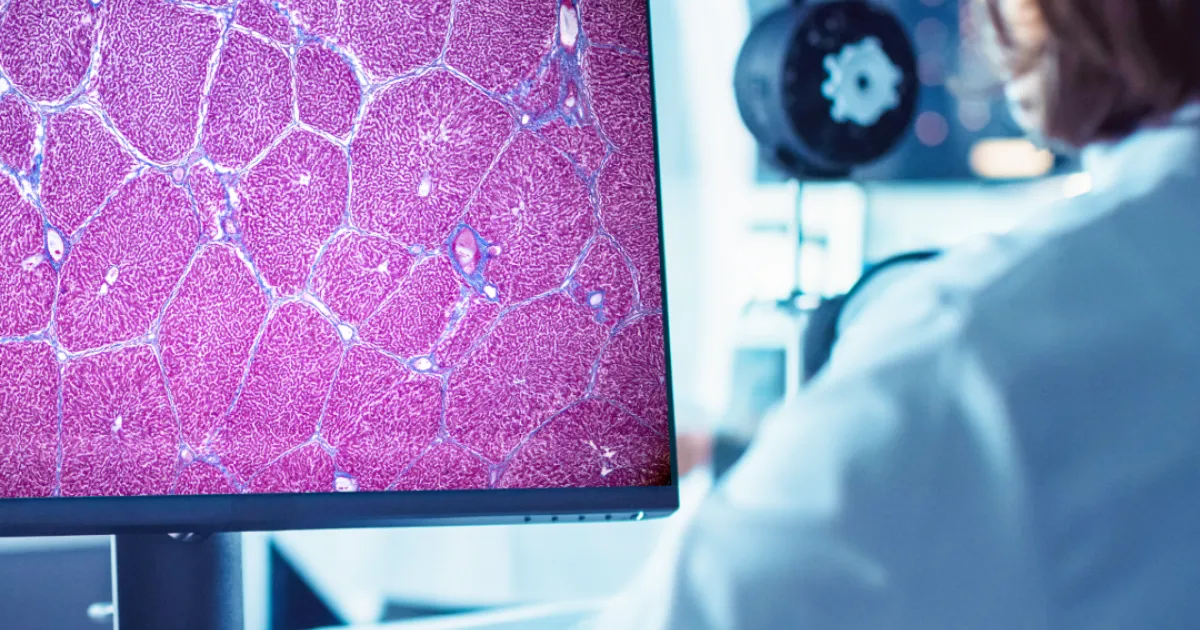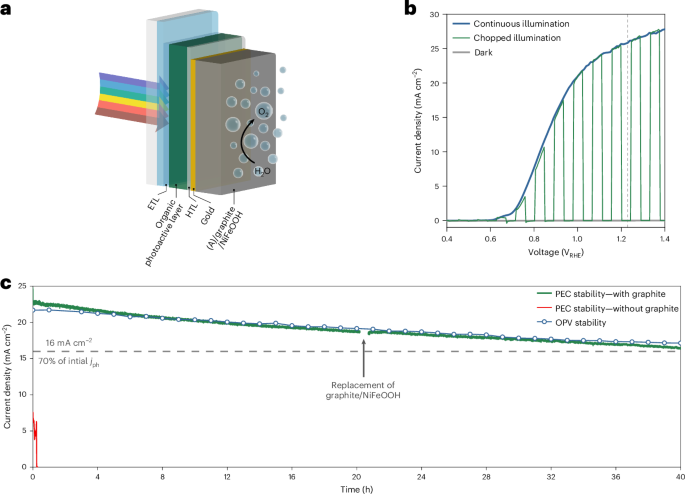Enhanced memory despite severe sleep loss in <i>Drosophila insomniac</i> mutants
by Sheng Huang, Chengji Piao, Zhiying Zhao, Christine B. Beuschel, Oriane Turrel, David Toppe, Stephan J. Sigrist Sleep is crucial for cognitive functions and life span across species. While sleep homeostasis and cognitive processes are linked through cellular and synaptic plasticity, the signaling pathways connecting them remain unclear. Here, we show that Drosophila insomniac (inc) short sleep mutants, which lack an adaptor protein for the autism-associated Cullin-3 ubiquitin ligase, exhibited enhanced Pavlovian aversive olfactory learning and memory, unlike other sleep mutants with normal or reduced memory. Through a genetic modifier screen, we found that a mild reduction of Protein Kinase A (PKA) signaling specifically rescued the sleep and longevity phenotypes of inc mutants. However, this reduction further increased their excessive memory and mushroom body overgrowth. Since inc mutants displayed higher PKA signaling, we propose that inc loss-of-function suppresses sleep via increased PKA activity, which also constrains the excessive memory of inc mutants. Our data identify a signaling cascade for balancing sleep and memory functions, and provide a plausible explanation for the sleep phenotypes of inc mutants, suggesting that memory hyperfunction can provoke sleep deficits.
by Sheng Huang, Chengji Piao, Zhiying Zhao, Christine B. Beuschel, Oriane Turrel, David Toppe, Stephan J. Sigrist Sleep is crucial for cognitive functions and life span across species. While sleep homeostasis and cognitive processes are linked through cellular and synaptic plasticity, the signaling pathways connecting them remain unclear. Here, we show that Drosophila insomniac (inc) short sleep mutants, which lack an adaptor protein for the autism-associated Cullin-3 ubiquitin ligase, exhibited enhanced Pavlovian aversive olfactory learning and memory, unlike other sleep mutants with normal or reduced memory. Through a genetic modifier screen, we found that a mild reduction of Protein Kinase A (PKA) signaling specifically rescued the sleep and longevity phenotypes of inc mutants. However, this reduction further increased their excessive memory and mushroom body overgrowth. Since inc mutants displayed higher PKA signaling, we propose that inc loss-of-function suppresses sleep via increased PKA activity, which also constrains the excessive memory of inc mutants. Our data identify a signaling cascade for balancing sleep and memory functions, and provide a plausible explanation for the sleep phenotypes of inc mutants, suggesting that memory hyperfunction can provoke sleep deficits.

































































































![The sights of Avalon Air Show 2025: Day Three [PHOTOS]](https://breakingdefense.com/wp-content/uploads/sites/3/2025/03/f-35-avalon-final-day-scaled-e1743079275404.jpg?#)






































































.jpg)








